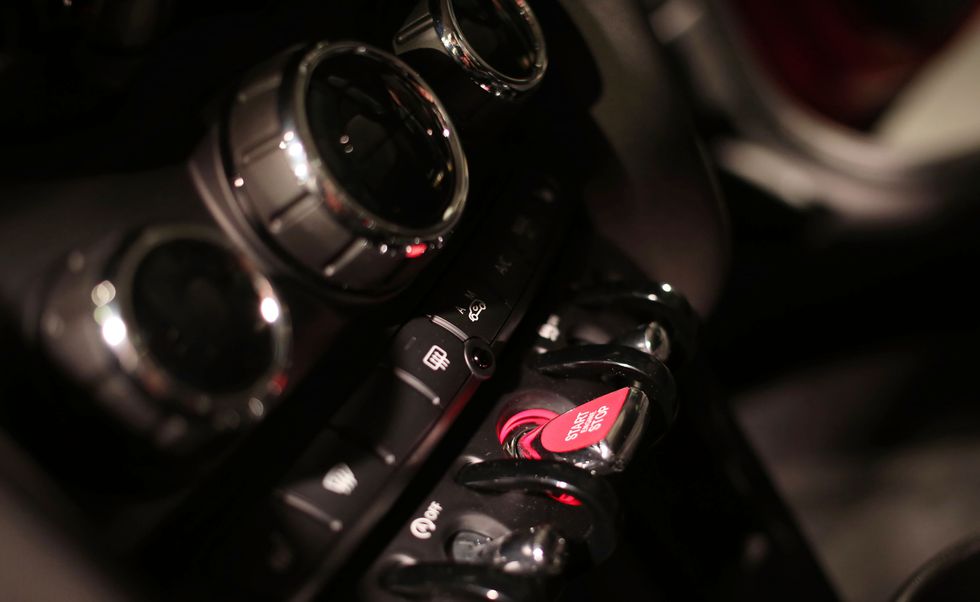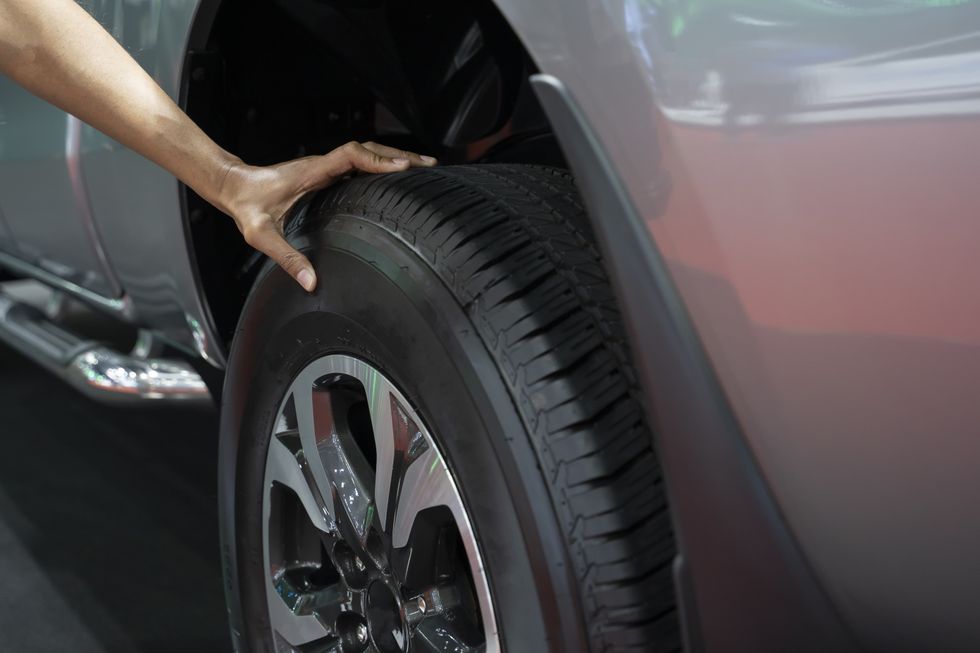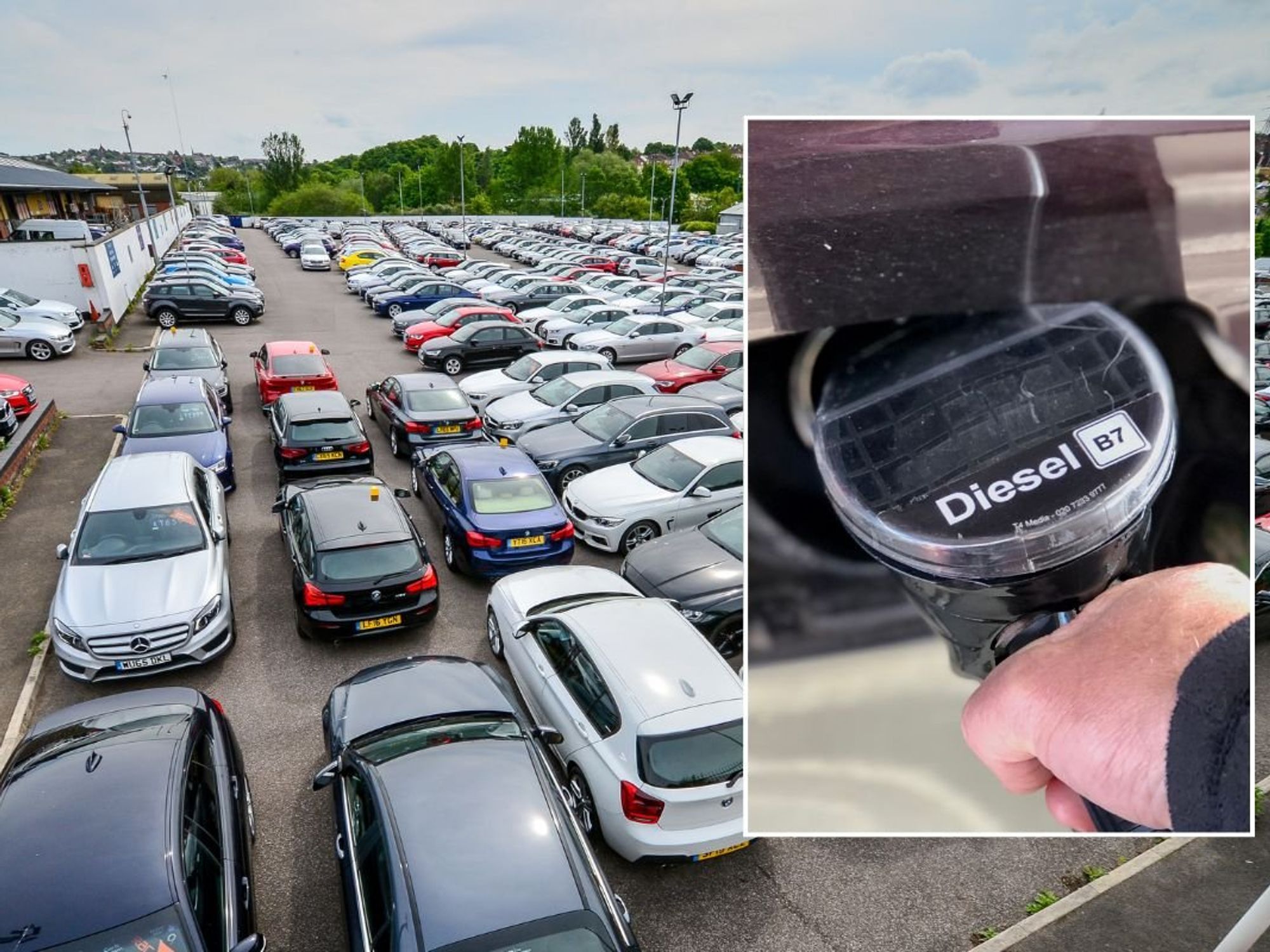Drivers urged to save money and fuel this summer with simple checks reducing risk of breakdowns

Checks to a vehicle can help drivers during higher temperatures
Don't Miss
Most Read
Latest
Experts have warned drivers to undertake major safety checks this summer as the weather reaches new heights which could help them save money.
As temperatures reach 30 degrees this week, drivers have been urged to make sure they undergo regular checks of their vehicles to ensure it is roadworthy during the hotter days.
One of the key checks includes making sure the oil levels in the vehicle are topped up as needed as this will prevent the engine from overheating.
Other checks include having coolant levels high before a long journey. This water-based liquid keeps a car’s engine from overheating by regulating the temperature.
Do you have a story you'd like to share? Get in touch by emailing motoring@gbnews.uk

Turning off the AC at speeds lower than 50mph can help save on fuel consumption
| PATom Banks, car insurance spokesperson at Go.Compare, explained that keeping up with regular maintenance, checks and servicing of a vehicle it can ensure it lasts throughout the hotter climate.
He said: “Hot weather can cause a number of issues with our cars, but many are avoidable.”
Drivers should also park in the shade as often as possible as this will help regulate a car's temperature.
Another tip Go.Compare suggested is to keep turning the air conditioning off at slower speeds below 50mph.
Banks stated that turning off the AC when driving between 20-30mph could help save on fuel consumption.
Refrigerant levels control the temperature of a car through air conditioning, but due to them sometimes getting blocked, it could result in warm air being blown out.
To tackle this problem, drivers should regularly clean out the condenser so it can increase the lifespan of the function.
A condenser can become clogged with dirt, debris and insects which causes it to become defective and blow warm air.
Meanwhile, motorists should also keep tyres topped up during higher temperatures as it can make existing wear and tear on tyres worse.
The legal tyre tread depth limit for cars in the UK and Europe is 1.6mm across the central three-quarters of the tyre.
By law, the tread depth must meet this minimum requirement across its complete circumference to ensure safety.
Hot weather can put pressure on a car’s battery, Banks warned. He suggested it “might be worth giving your car the once-over before any long drives”.
LATEST DEVELOPMENTS:
- Driving law changes you may have missed in July - EU speed limiters, car tax rules and more
- Petrol and diesel cars to be sold 'up to and beyond 2030' as major brands make electric vehicle decision
- Electric car drivers can use 'groundbreaking' charger that is 'five to 10 times' cheaper than public devices

Tyres should have a tread depth of at least 1.6mm
| GETTYHe added: “If you plan on making the most of the summer sunshine with road trips and other adventures, we recommend doing a few extra checks before you set off.
“This could help you avoid waiting for a roadside recovery or a trip to the garage - which is the last thing we want to be doing when the weather is nice.”










